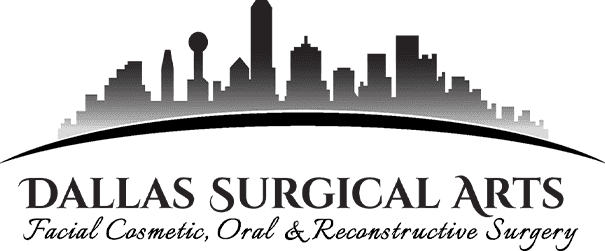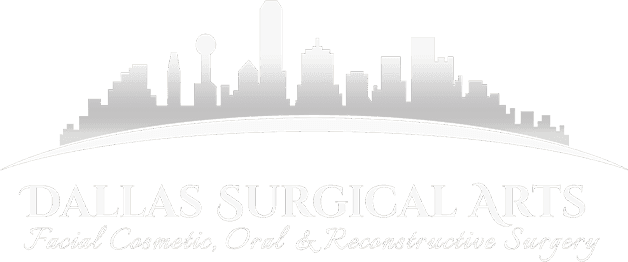If you have an unnaturally wide or bulky jaw that makes you self-conscious, a double jaw operation can help you achieve a more elegant and refined jawline. It adopts a more comprehensive approach to treating jaw malformations or to reaching a particular jaw shape for aesthetic reasons.
This procedure is different from conventional jaw surgery, which concentrates on modifying only the lower jaw.
The following sections detail more about the procedure and what to expect afterward.
What Does Double Jaw or Two-Jaw Surgery Mean?
Corrective jaw surgery is frequently carried out on just one jaw at a time. However, double jaw surgery, also known as bi-maxillary osteotomy, refers to when the upper jaw (maxilla) and lower jaw (mandible) are repaired simultaneously by a single procedure.
By adjusting the upper and lower jaws to their more natural positions by resizing, reshaping, or repositioning surgery, the plastic surgeon attempts to address all functional and aesthetic problems.
When the jaw is being straightened to fix a projecting mouth, this is frequently required because a significant realignment of the lower jaw without a comparable realignment of the top jaw might result in an unnatural bite, also known as malocclusion.
The apparent exception, of course, is when surgery is being done to treat a bite irregularity that already exists and is caused by an imbalance between the two jaws.
In this situation, operating on just one of the two jaws to realign it with the other jaw helps solve the issue.
Why Has Double Jaw Surgery Gained Such Traction Globally?
A characteristic of feminine attractiveness is a petite face with a V-shaped jawline and a small, fairly sharp chin. But not everyone is blessed with a strong jawline and a small chin.
Many people grow out their lower jaws and chins excessively, making them self-conscious and occasionally affecting their ability to chew, speak, or even breathe due to poor alignment with the upper jaw.
The best treatment for this issue is double jaw surgery, sometimes known as two-jaw surgery.
Recovery Time
The healing process following double jaw surgery varies from patient to patient, but in general, patients can anticipate returning to their usual lives in major part after roughly six weeks. After the procedure, every patient is required to stay in a hospital for observation for at least two days.
Post-Surgery: Day One
It is strongly advised to have thin rice gruel and fresh juice. Due to swelling, sores, and drainage in the mouth, regular meal intake should be avoided.
Following surgery, it is advisable to use ice packs continually in the hospital. Keep the bandages around your face until the surgeon visits you the following morning.
Post-Surgery: Day Two
A dental professional will then carefully inspect your oral health as well as the inside wound from the incision. Maintain using ice packs. Liquid food consumption is advised.
Post-Surgery: Day Three
Since the jaw bones are not generally fixed together, it is recommended that you eat soft foods. After undergoing a 3D CT scan to ensure there are no issues or misalignments, you may be allowed to leave the hospital.
Post-Surgery: Day Four to Seven
Use cold packs consistently until the bruises and swelling subside. After meals, clean the inside of the mount by gargling to reduce the risk of infection and inflammation. Stress or physical strain that is too great should be carefully avoided.
Following surgery, it is advised to wear a compression band for four to six days and refrain from lying on one's stomach or leaning over.
Several pillows placed beneath the head as you sleep will help to lessen inflammation. After seven to ten days, the stitches can be removed.
Conclusion
Double jaw surgery is a major operation that can correct a wide variety of dental and facial problems. Recovery from the surgery takes several weeks, during which the patient may experience discomfort and swelling.
Within four to six weeks following surgery, most patients can resume their regular activities.
Dallas Surgical Arts can do an amazing job with your cosmetic double jaw surgery. Our resident doctor, Dr. Sanovich, provides cosmetic facial plastic surgery, including facelift, eyelid surgery, brow lift, otoplasty, and botox. Call today to schedule your session!


